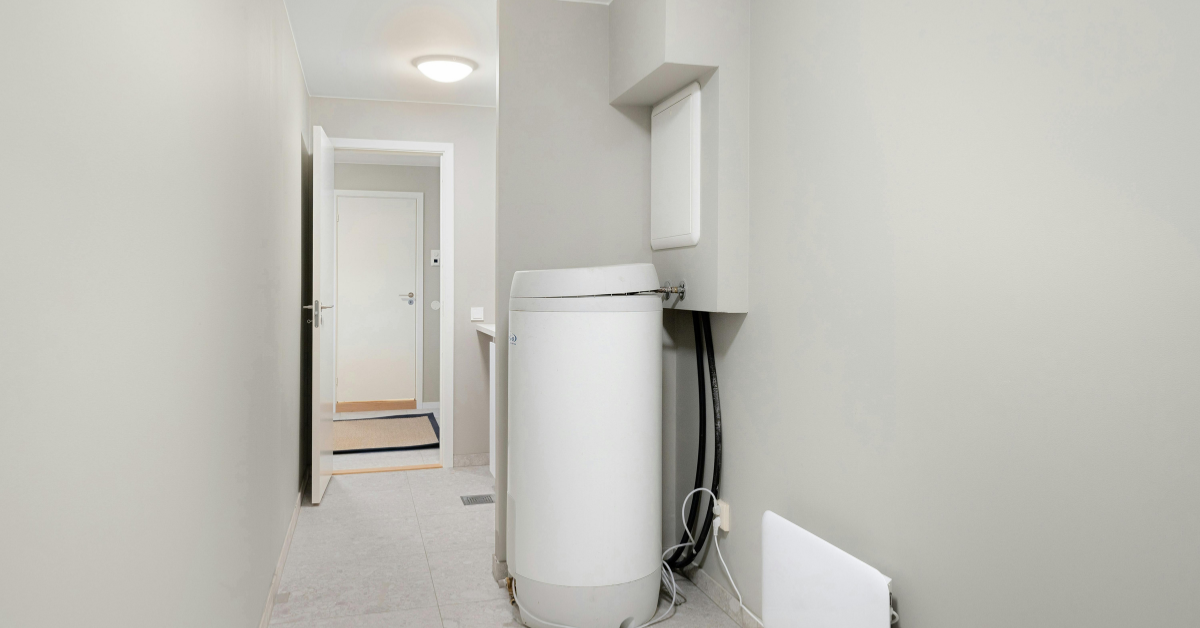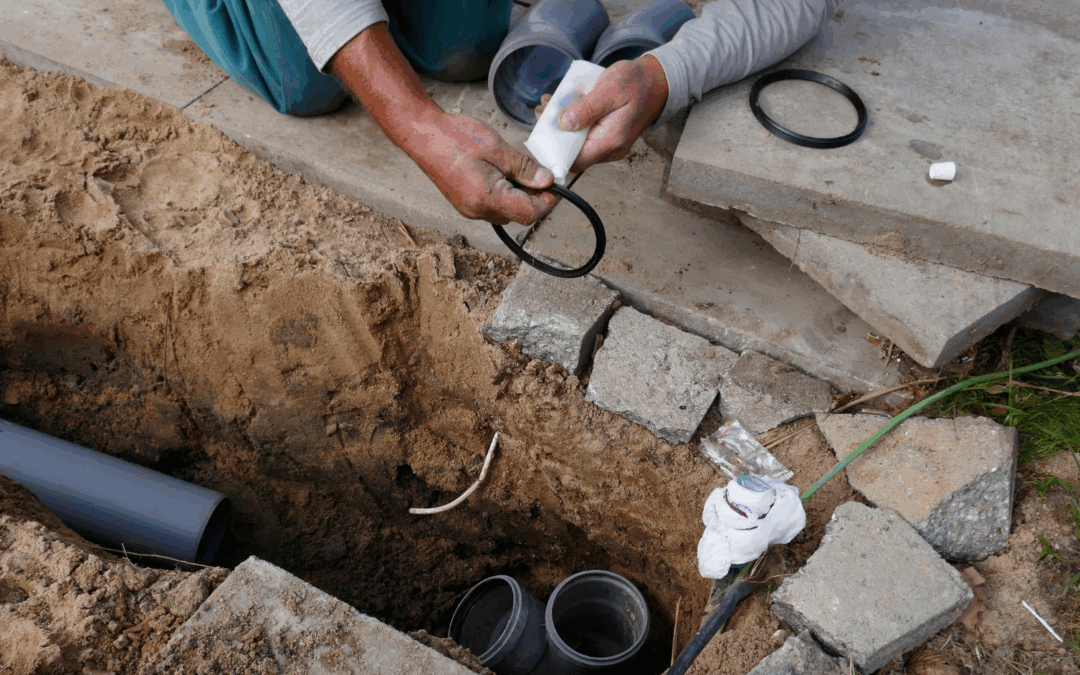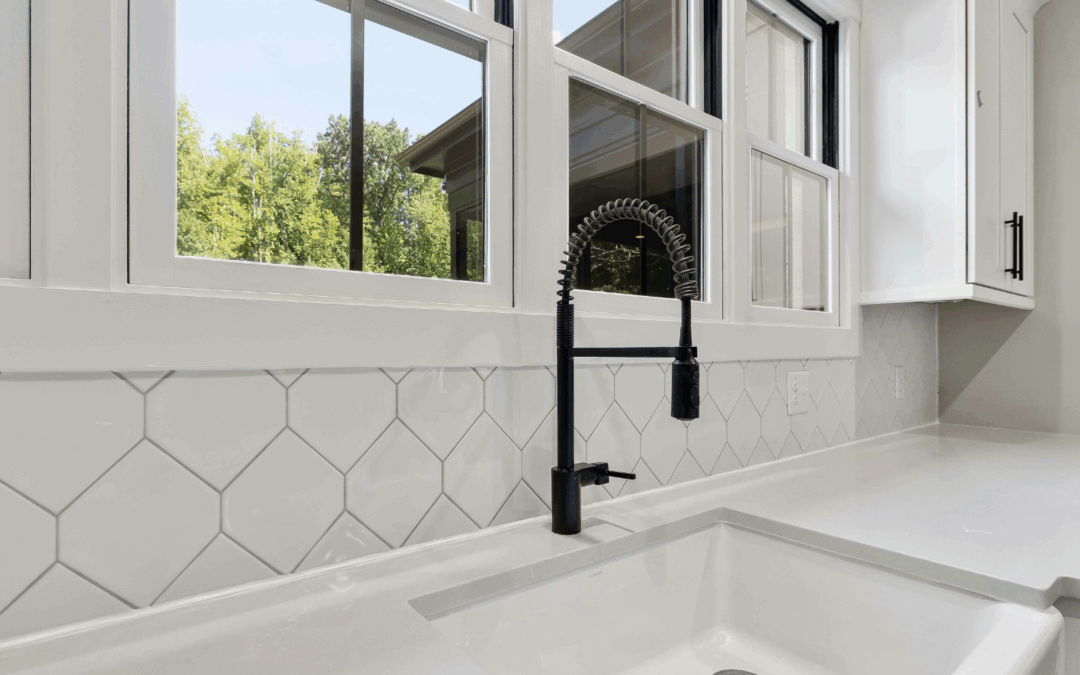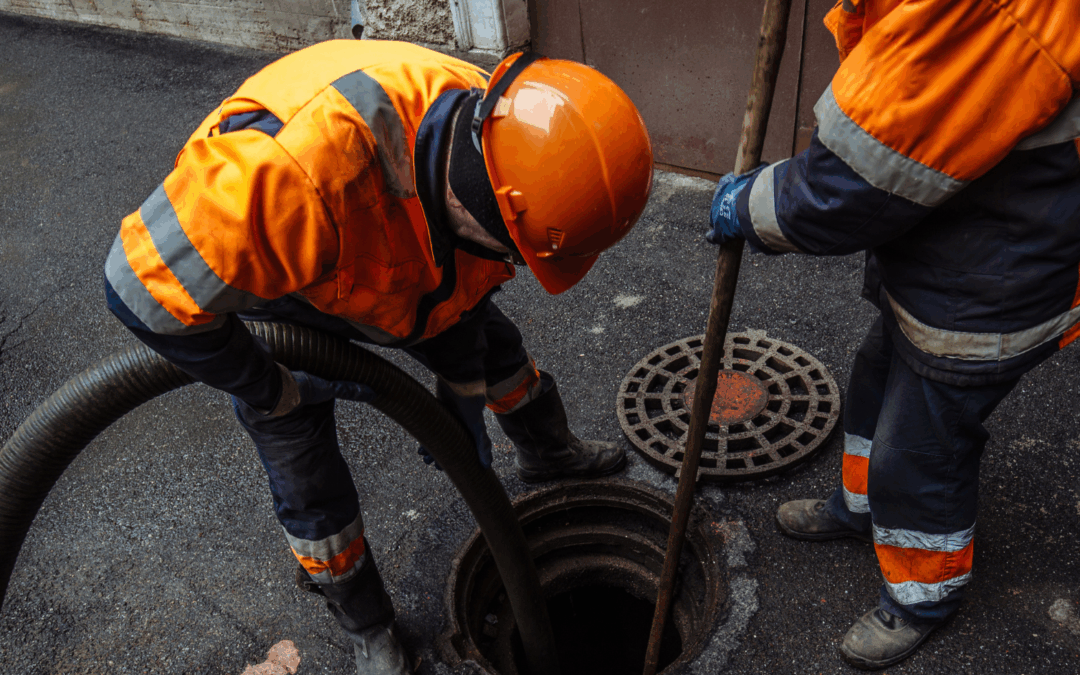When your water heater fails, it feels like more than just an inconvenience. Suddenly, your daily routine of hot showers, clean dishes, and fresh laundry comes to a halt.
Replacing an old unit isn’t just about restoring hot water; it’s a critical decision that impacts your home’s safety, energy efficiency, and monthly budget. For many homeowners in Maryland, where aging plumbing systems are common, understanding the replacement process is key to making a smart, long-term investment.
This guide will walk you through everything you need to know about water heater replacement in Maryland, from understanding your options and estimating costs to navigating permit requirements and knowing when it’s time for an upgrade.
Schedule Service Online
Get a free estimate so you know what you're signing up for
"*" indicates required fields
For Emergency Services Call: 410-255-9300
Understanding Your Options Before Replacing an Old Water Heater
Before you decide, it’s important to know the main types of water heaters available. Each has unique benefits and is suited for different household needs.
Heat Pump Water Heater Basics
A heat pump water heater, also known as a hybrid water heater, doesn’t create heat directly. Instead, it pulls heat from the surrounding air and transfers it to the water in the storage tank. This makes it incredibly energy-efficient—often two to three times more efficient than a traditional unit. It’s an excellent choice for homeowners focused on long-term energy savings. However, it requires adequate space and good air circulation to work effectively, typically needing about 1,000 cubic feet of uncooled space, like a basement or garage.
Traditional Hot Water Heater Systems
This is the most common type found in Maryland homes. A traditional hot water heater uses a large, insulated storage tank to hold and heat water. These systems are reliable and generally have a lower upfront cost than other options. They come in various tank sizes to accommodate different household demands and can be powered by electricity, natural gas, or propane. The key is choosing the right tank size to ensure you have enough hot water without wasting energy heating water you don’t use.
Tankless Water Heater Options
A tankless water heater, or an on-demand unit, heats water instantly as you need it. This means you get an endless supply of hot water without having to keep a large tank heated 24/7. Tankless models are compact, have lower emissions, and can significantly reduce your energy bills over time. They are available in gas, propane, and electric versions, with gas models typically offering a higher flow rate for larger families.
Choosing the Right Fuel Type
Your choice of fuel—natural gas, propane, or electricity—depends on what’s available at your property and your budget.
- Natural Gas: If you already have natural gas lines, this is often the most cost-effective option for operating your water heater. Gas models heat water quickly and efficiently.
- Propane: For homes without access to natural gas, propane offers similar performance. It requires a dedicated propane tank on your property.
- Electric: Electric water heaters are widely used and can be installed almost anywhere. While their upfront cost can be lower, electricity rates often make them more expensive to operate than gas units.
- Heat Pump: These electric-powered units are a game-changer for efficiency. They have a higher initial cost but qualify for rebates and can save you hundreds of dollars per year on your utility bills.
Remember that your fuel choice will affect installation, as gas and propane models require proper venting to safely exhaust combustion gases.
How to Pick the Right Tank Size or Capacity
Sizing your water heater correctly is crucial. A unit that’s too small will leave you with cold showers, while one that’s too large will waste money. To find the right fit, consider:
- Household Size: How many people live in your home?
- Peak Usage: When does your family use the most hot water (e.g., morning showers)?
- Appliances: How many appliances, like dishwashers and washing machines, run simultaneously?
For traditional tanks, a 40-50 gallon unit is common for a family of three to four. For tankless models, capacity is measured in gallons-per-minute (GPM). A licensed plumber can calculate your “peak demand” to recommend a unit that meets your household’s specific needs without wasting energy.
Costs of a New Water Heater in Maryland: What Affects the Price?
The final price of a new water heater involves more than just the unit itself. Here’s a breakdown of what to expect.
Equipment Costs
- Traditional Storage Tank: Generally the most affordable option.
- Tankless Units: Higher upfront cost but offer long-term energy savings.
- Heat Pump Models: The most expensive initially but provide the greatest efficiency and may qualify for tax credits or rebates.
- Energy Star Upgrades: Certified models cost more but reduce operating expenses over the unit’s lifespan.
Installation & Labor Costs
Labor includes the professional work required to get your new system running safely. This covers plumbing connections, electrical work, gas line hookups, proper venting, and the removal and disposal of your old tank.
Location & Access
Where your water heater is located impacts labor time. A unit in an easily accessible basement will be less costly to replace than one tucked away in a tight closet or attic.
Additional Work That May Be Needed
Sometimes, a simple swap-out isn’t possible. Your plumber may find that additional work is required to bring the installation up to current building codes, such as:
- Replacing old, corroded water lines.
- Upgrading electrical panels or circuits.
- Adjusting gas lines.
- Ensuring proper combustion air supply for gas units.
Maryland Permit Requirements for Water Heater Installation
In most Maryland jurisdictions, a permit is required to install a new water heater. This process ensures the installation is performed safely and complies with local building codes. A licensed plumber will handle the permit application and schedule the final inspection. This is not just red tape—it protects you, your home, and your manufacturer’s warranty. An unpermitted installation can create safety hazards and may be flagged during a future home inspection.
How Long Does Water Heater Replacement Take?
For a standard replacement of a traditional tank, the process typically takes a few hours. This includes diagnosing the old unit, carefully draining it, removing it, installing the new water heater, and testing all connections.
Installations for tankless or heat pump water heaters can take longer. These often require new venting paths, electrical circuit upgrades, or changes to plumbing lines, extending the job to a full day in some cases.
Signs Your Old Tank Needs Replacing
Don’t wait for a catastrophic failure. Look out for these warning signs:
- Age: Most tank-style water heaters last 8-12 years. If yours is older, it’s living on borrowed time.
- Rusty or Cloudy Water: This could indicate the inside of your tank is corroding.
- Strange Noises: Rumbling or popping sounds often mean sediment has built up at the bottom of the tank.
- Leaks: Any water pooling around the base of the unit is a clear sign that it needs immediate attention.
- Inconsistent Hot Water: If your water isn’t getting as hot as it used to or runs out quickly, the unit is likely failing.
Delaying replacement can lead to water damage, mold growth, and a much bigger plumbing emergency down the road.
How a Licensed Plumber Ensures a Safe Installation
Water heater installation is not a DIY project. It involves complex plumbing, electrical, and gas systems where mistakes can be dangerous. A trained technician ensures every step is handled correctly, from draining and removal to connecting water lines, testing for leaks, and verifying safety features like the temperature and pressure relief valve. They understand the nuances of proper venting to prevent carbon monoxide risks and ensure the entire system is up to code, giving you total peace of mind.
How to Make Your New Water Heater Last Longer
Once your new water heater is installed, simple maintenance can extend its life and keep it running efficiently.
- Flush the Tank Annually: This removes sediment buildup that can cause corrosion and reduce efficiency.
- Check the Pressure Relief Valve: Test it periodically to ensure it’s working correctly.
- Inspect for Leaks: Regularly check the water lines and connections for any signs of dripping.
- Schedule Annual Maintenance: A professional inspection can catch small issues before they become big problems.
Resources to check out before picking the right water heater for you:
A Helpful Guide to Water Heater Repairs and Replacement: This guide provides insights into water heater repairs and the latest tankless and storage tank water heater options.
Top 10 Water Heater Repair Tips: A practical resource for identifying and fixing common water heater issues, including leaks and faulty connections.
Water Heater Maintenance Tips: Learn essential maintenance techniques to extend the life of your water heater, including tools and materials needed.
A Guide to Electric Water Heater Repair: A detailed guide covering common electric water heater problems and how to address them.
Energy.gov‘s Water Heating Guide: A government resource offering advice on energy-efficient water heating options and cost-saving tips.
Home Depot’s Water Heater Buying Guide: A comprehensive guide to choosing the right water heater for your home, including tank and tankless options.
These resources provide a mix of repair tips, maintenance advice, and installation guides to help you with your water heater needs!

Choosing the Right Water Heater for Your Maryland Home
Replacing your water heater is an opportunity to improve your home’s comfort and efficiency. By understanding your options and working with a trusted professional, you can select a system that delivers reliable hot water, saves you money, and meets your family’s needs for years to come. The peace of mind that comes from a safe, code-compliant installation is invaluable.
At MD Sewer & Plumbing Service, we’ve been helping Maryland families with their plumbing needs for over 35 years. Our licensed technicians are ready to guide you through every step of your new water heater installation.




